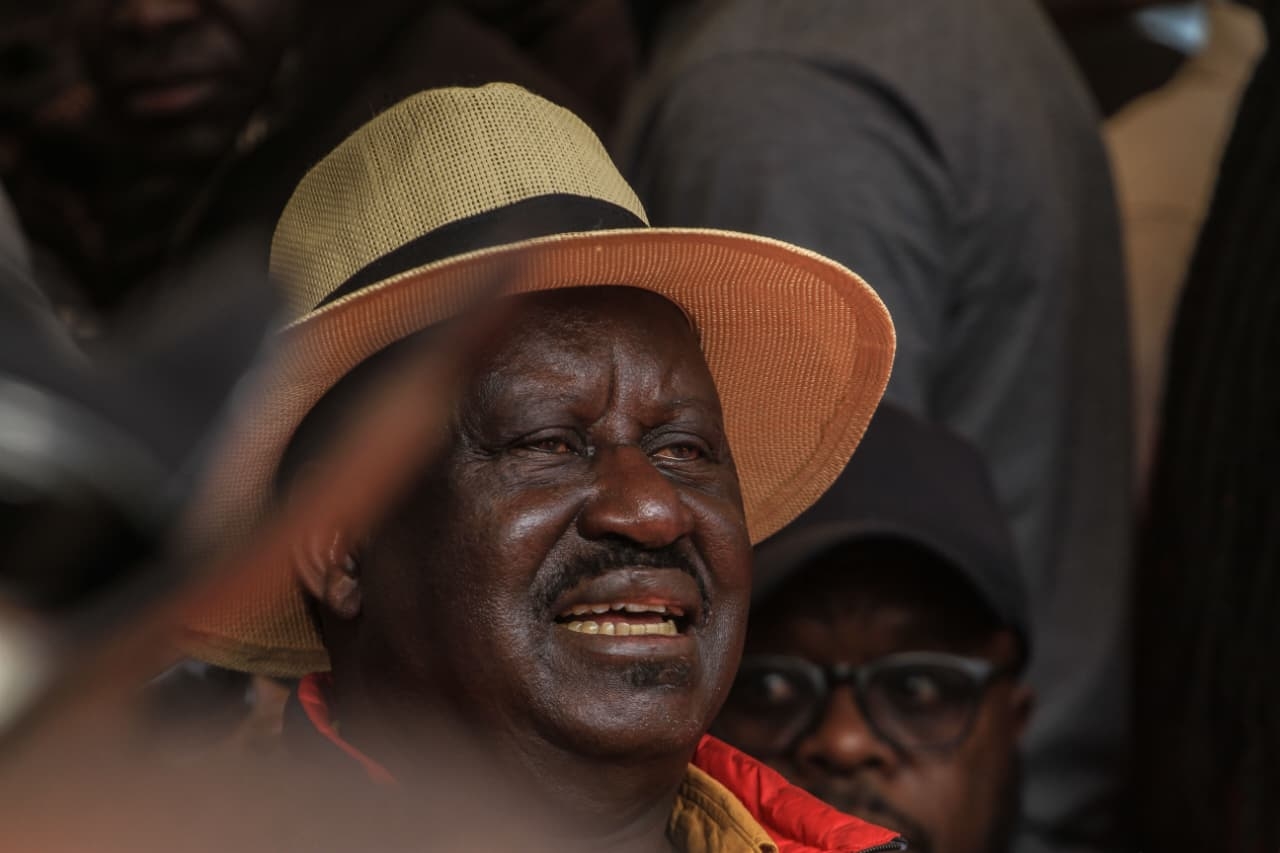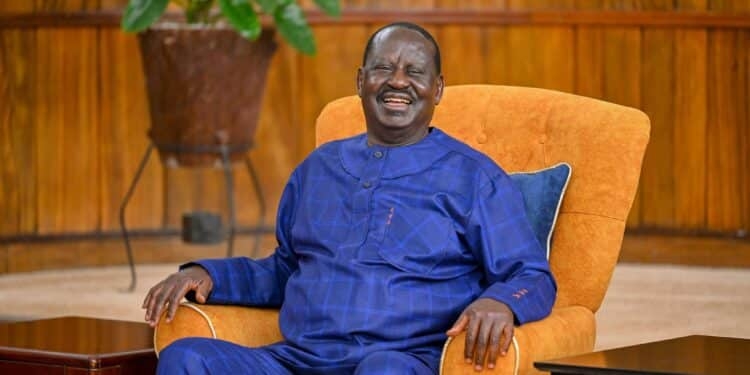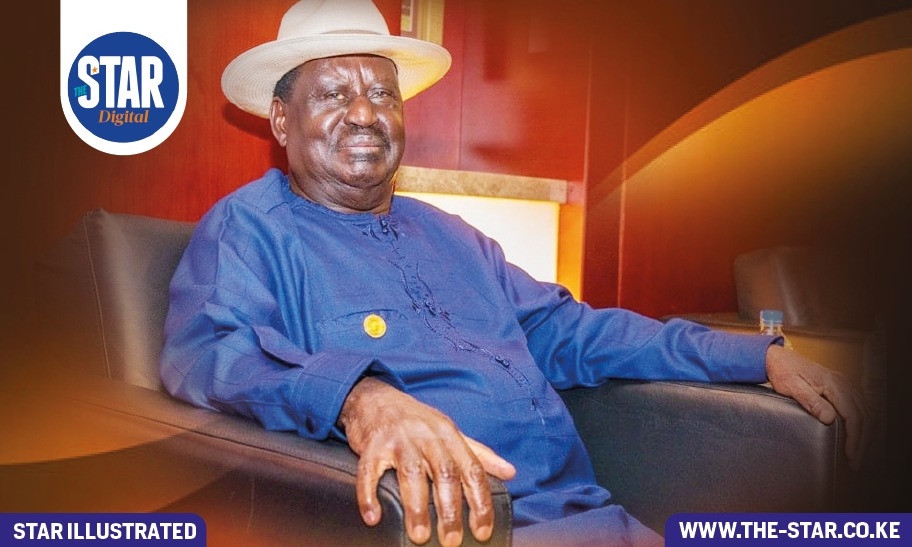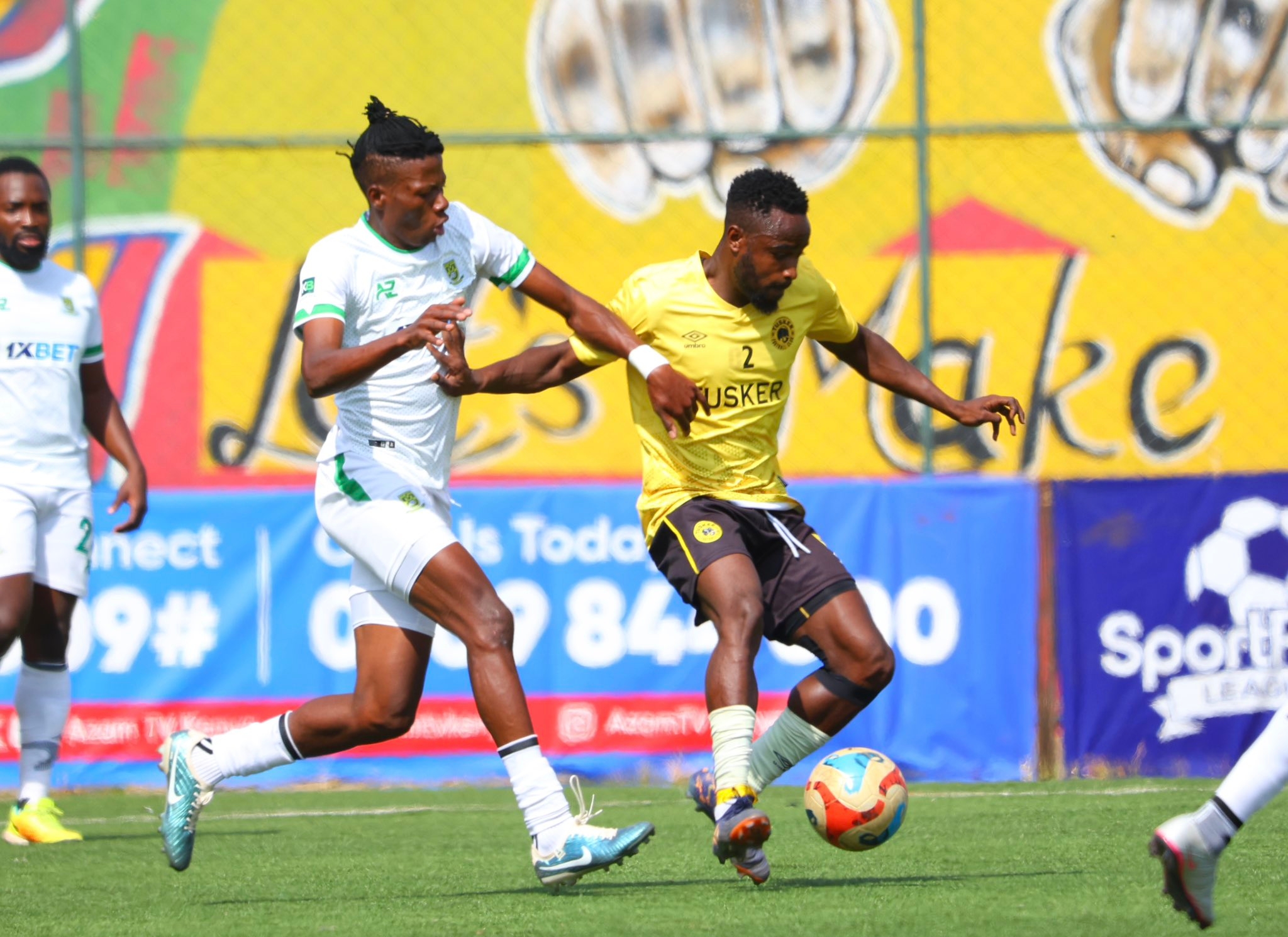
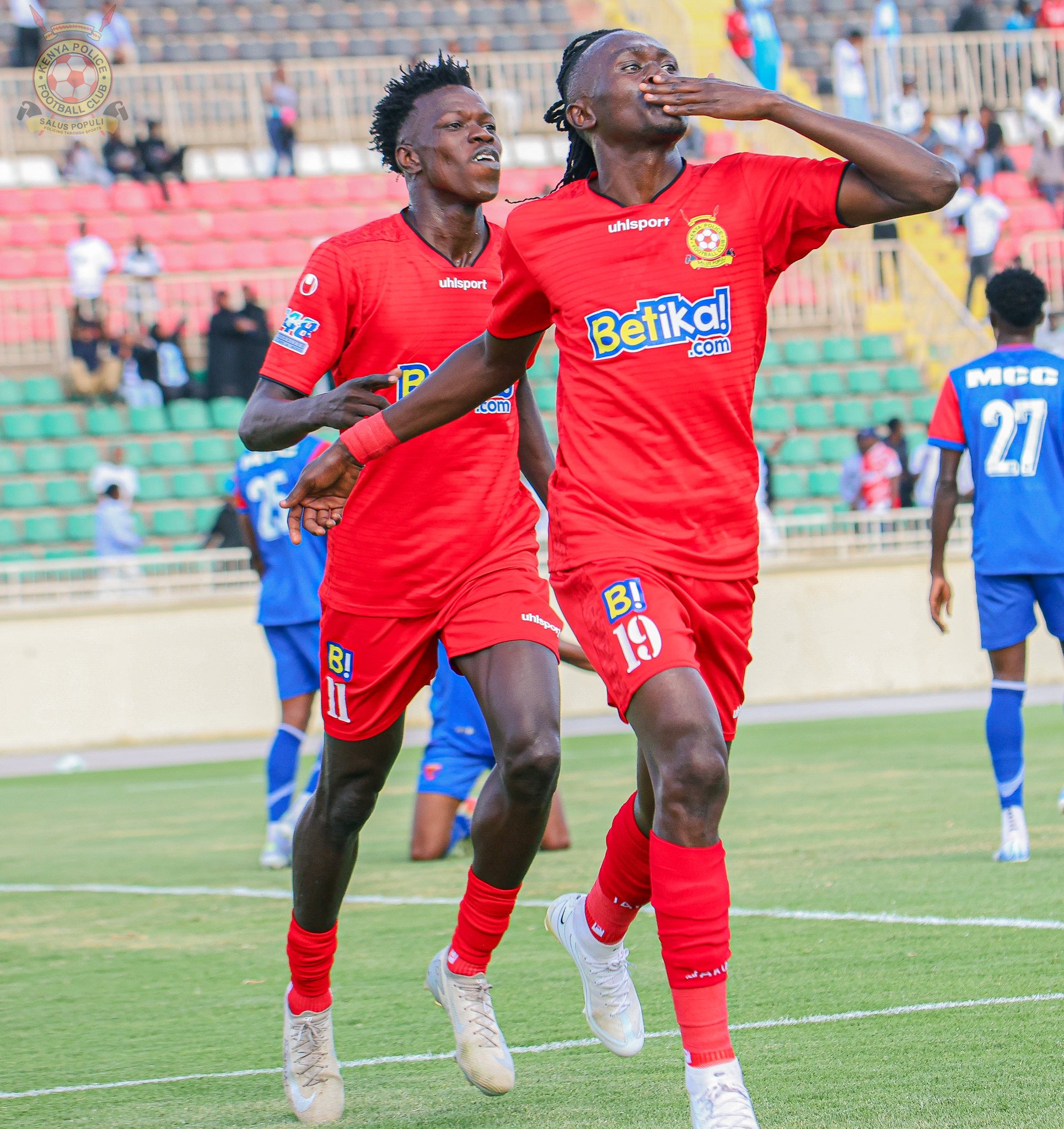 Eric Zakayo and Edward Omondi celebrate during a previous match/ POLICE FC
Eric Zakayo and Edward Omondi celebrate during a previous match/ POLICE FC title: TOUCHLINE: We need to build on Police, Nairobi United progress in continental club football
It might have gone unnoticed beyond East Africa, but for those who still believe football can tell a country’s story, Kenya’s quiet success this past week matters.
Two clubs — Police FC and Nairobi United — have tiptoed into the second round of continental competition. Not quite history-making, not yet a revolution, but perhaps — just perhaps — the beginning of a re-awakening.
For too long, Kenyan football has been a sleeping neighbour in a region alive with noise. Across the border, Tanzania’s Yanga and Simba have filled stadiums and CAF ledgers alike. Uganda’s Vipers have built themselves into serial competitors.
Kenya, by contrast, has drifted — its clubs arriving at the continental stage like late guests at a party already half over. This time, something feels different. Police FC, the reigning Kenyan Premier League champions, did what they needed to do — a 3–1 win against Mogadishu City followed by a tense 2–0 defeat that still saw them through on away goals. It wasn’t spectacular, but it was professional.
Meanwhile, Nairobi United, a team that barely existed in the national imagination a year ago, held their nerve against Uganda’s NEC FC — drawing 2–2 away and 1–1 at home to advance by the same margin. For a newly promoted side, that’s no small thing. There’s an old truth in African football: survival is progress.
For Kenyan clubs, merely staying in the competition into a second round has become an achievement. But this is more than endurance; it’s about rediscovering an identity.
Once upon a time, Kenyan football carried swagger. Gor Mahia’s 1987 Mandela Cup triumph remains the country’s solitary continental title — a grainy memory of an era when homegrown flair met discipline and structure.
Since then, the story has been one of disrepair. Mismanagement, political interference, stop-start leagues, and FIFA sanctions have left the game gasping for coherence. So yes, a modest triumph matters. Because it suggests the machinery is, at least for now, working.
Police FC’s rise is perhaps the more predictable of the two. They have resources, structure, and backing — an institution with a plan, not just a squad. Their success tells us what disciplined investment can yield when politics doesn’t interfere. Nairobi United’s story, by contrast, is romantic — the upstarts, the believers, the ones who never got the memo that they were supposed to be nervous.
In their debut season, they have taken on the continent and survived the first test. That’s the beauty of football — it rewards courage as much as pedigree. However, the next step is where Kenyan dreams often fall short.
Police FC will now face Al Hilal Omdurman of Sudan — a club with a deep continental heritage, complemented by impressive infrastructure and a strong fan culture. Nairobi United have drawn Etoile du Sahel, Tunisia’s ruthless veterans of African competition.
The gap in experience, funding and everything that happens off the pitch is enormous. And yet, football is not a spreadsheet. It’s a rhythm — one that occasionally syncs with the pulse of ambition. Kenyan football doesn’t need miracles; it needs method.
Too many campaigns have been built on enthusiasm alone. Teams travel late, train poorly, and manage crises instead of plans. Talent has never been the issue — continuity has. That’s where this moment can mean more than just two aggregate wins.
The Football Kenya Federation and the Ministry of Sports now face a rare opportunity to show that progress is possible when systems align.
Give these clubs the logistical and financial stability they deserve, and the country might just rediscover its continental voice. Football, especially in Africa, mirrors governance.
When the structures wobble, so does everything else. Kenya’s game has been governed by improvisation — a scramble of quick fixes and short-term gestures.
These two results, small as they seem, offer a sliver of hope that something sturdier can emerge. It’s not about whether Police FC or Nairobi United make it through the next round — odds are, they’ll be facing giants.
What matters is that they are there, that they’ve earned their place at that table, and that the Kenyan flag will fly again in stadiums where, for too long, it’s been missing. Football thrives on stories, and this one — of discipline meeting defiance — deserves to be told.
If the country listens, it might just rediscover something it lost: not trophies, not dominance, but belief. The sense that the game still belongs to Kenya — and that the next generation won’t have to look back to 1987 to remember what pride feels like.



